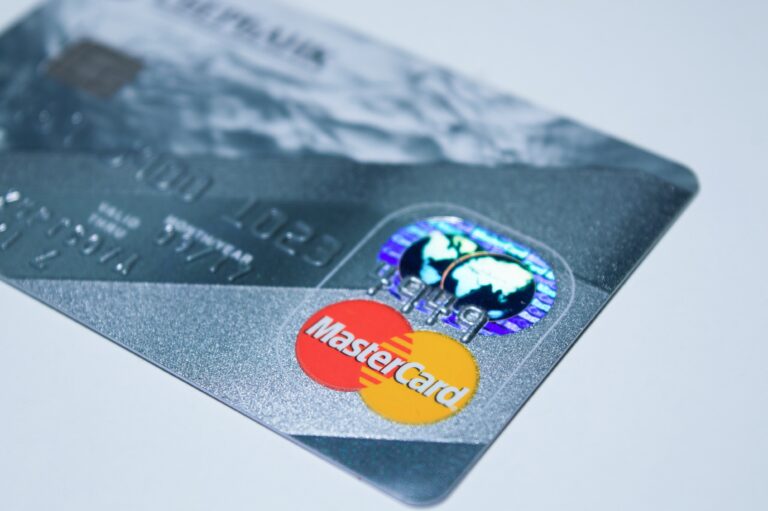Bank vs Credit Union, what is the difference? In this comprehensive guide, we will delve into the crucial differences between credit unions and banks, the services they offer, and the advantages and disadvantages of each. With this knowledge, you can make an informed decision about which financial institution is the right fit for your unique needs.
Understanding Credit Unions and Banks
Credit unions and banks provide similar services, but they differ in their structure, ownership, and overall philosophy. Understanding these differences will help you make the best choice for your financial needs.
Credit Unions: Non-Profit Financial Cooperatives
Credit unions are member-owned, not-for-profit financial institutions that operate with the goal of providing financial services to their members. They reinvest profits back into the institution, allowing them to offer competitive rates and lower fees to their members.
Banks: For-Profit Financial Institutions
Banks, on the other hand, are for-profit institutions owned by shareholders. They focus on maximizing profits for their shareholders, which can sometimes result in higher fees and less favorable rates for customers.
Services Offered by Credit Unions and Banks
Both credit unions and banks offer a wide range of financial services, but there may be some differences in the products they offer and the fees associated with them.
Deposit Accounts
Both institutions offer checking and savings accounts, as well as money market accounts and certificates of deposit (CDs). However, credit unions often provide higher interest rates on savings accounts and lower fees for checking accounts.
Loans and Credit
Credit unions and banks both offer personal loans, mortgages, auto loans, and credit cards. Credit unions generally have lower interest rates on loans and fewer fees on credit cards, but banks may offer more specialized loan products and a wider variety of credit card options.
Investment and Retirement Services
Both credit unions and banks provide investment and retirement services, such as IRAs and brokerage accounts. Banks may have a broader range of investment options, while credit unions may offer lower fees and more personalized financial planning services.
Comparing Credit Union and Bank Rates
Interest rates on loans and deposit accounts are a key factor in choosing between a credit union and a bank. Typically, credit unions offer lower interest rates on loans and higher interest rates on deposit accounts than banks, due to their not-for-profit status.
Accessibility: Branches and ATMs
When considering a financial institution, accessibility to branches and ATMs is crucial. Banks generally have more extensive branch networks and ATM access, but credit unions often participate in shared branching networks and surcharge-free ATM networks that can help bridge the gap.
Customer Service: Personalized vs. Impersonal
Customer service is another important aspect to consider when choosing between a credit union and a bank. Credit unions are known for providing more personalized customer service, as they are smaller and community-oriented. Banks, being larger institutions, may offer a more impersonal customer service experience.
Security and Insurance
The safety of your money is a top priority when selecting a financial institution. Both credit unions and banks provide insurance coverage to protect your deposits.
National Credit Union Administration (NCUA)
Credit unions are insured by the National Credit Union Share Insurance Fund (NCUSIF), which is administered by the NCUA. This insurance covers up to $250,000 per depositor, per account type.
Federal Deposit Insurance Corporation (FDIC)
Banks are insured by the FDIC, providing the same coverage limits as the NCUA—up to $250,000 per depositor, per account type.
Membership and Eligibility
Before joining a credit union, you must meet specific eligibility requirements based on factors such as geographic location, employment, or affiliation with certain organizations. Banks, however, generally have no membership requirements.
Credit Union Membership
To join a credit union, you must first qualify for membership. This may include living or working in a specific area, being employed by a certain company, or belonging to a particular group or organization. Once you become a member, you can take advantage of the credit union’s services and even participate in its governance.
Bank Customers
Banks do not have membership requirements. Anyone can open an account or apply for a loan, provided they meet the bank’s specific qualifications for each product or service.
Making the Decision: Credit Union or Bank?
The choice between a credit union and a bank ultimately depends on your individual financial needs and preferences. Consider the following factors when making your decision:
- Rates and fees: If competitive interest rates and lower fees are important to you, a credit union may be the better option.
- Accessibility: If you value widespread branch and ATM access, a bank may be more suitable for your needs.
- Customer service: If personalized customer service is a priority, a credit union may be the better choice.
- Product variety: If you require specialized financial products or a wide range of credit card options, a bank may offer more choices.
- Membership: If you prefer a sense of community and shared ownership, a credit union may be a better fit.
Ultimately, the choice between a credit union and a bank depends on your specific financial situation and the factors that matter most to you. By understanding the differences between these institutions and their offerings, you can make an informed decision that best suits your financial needs.







